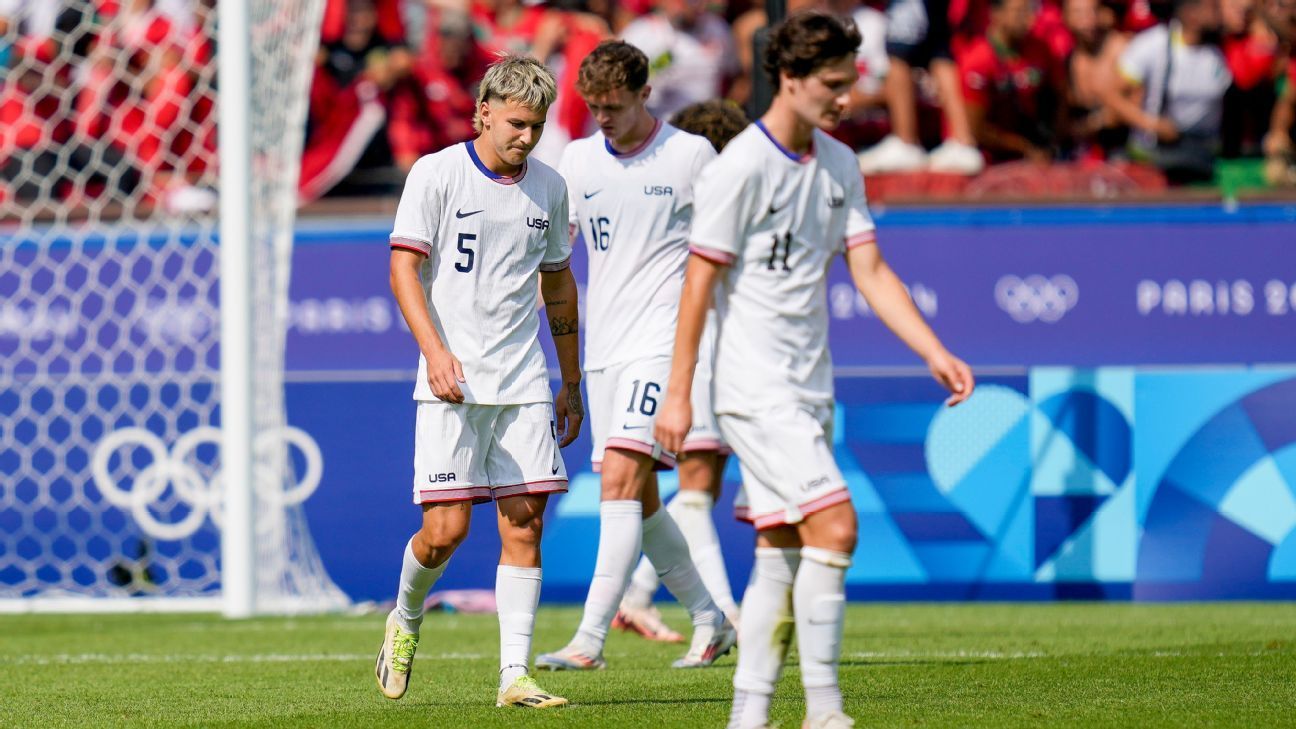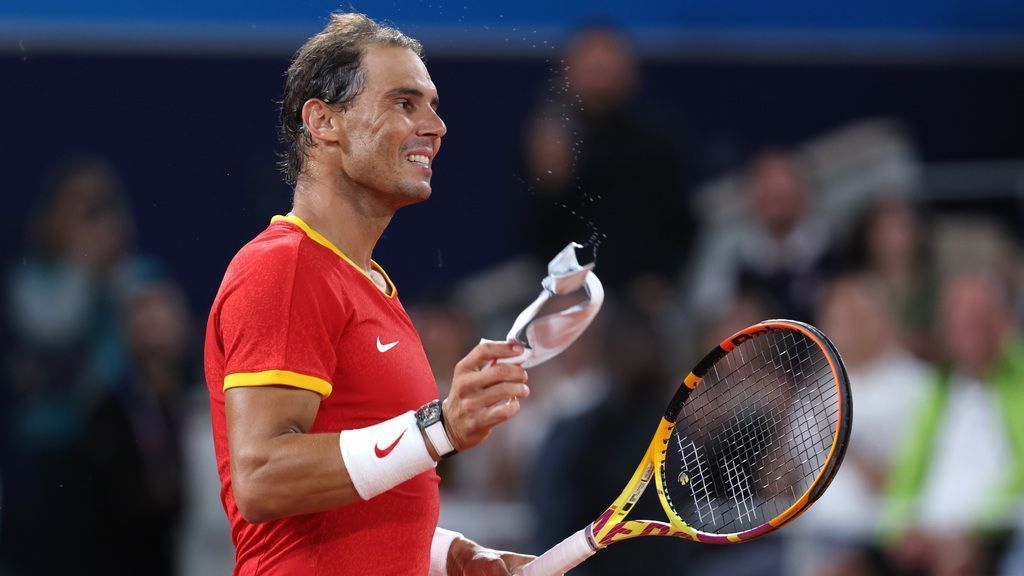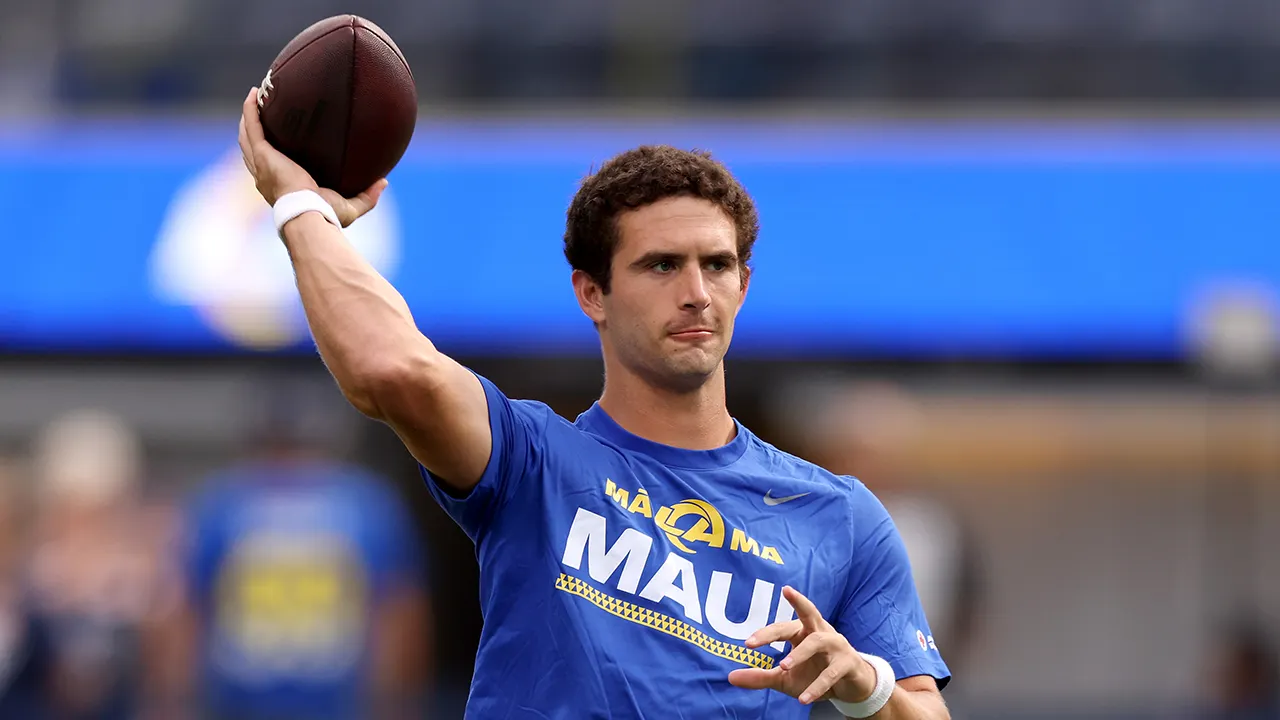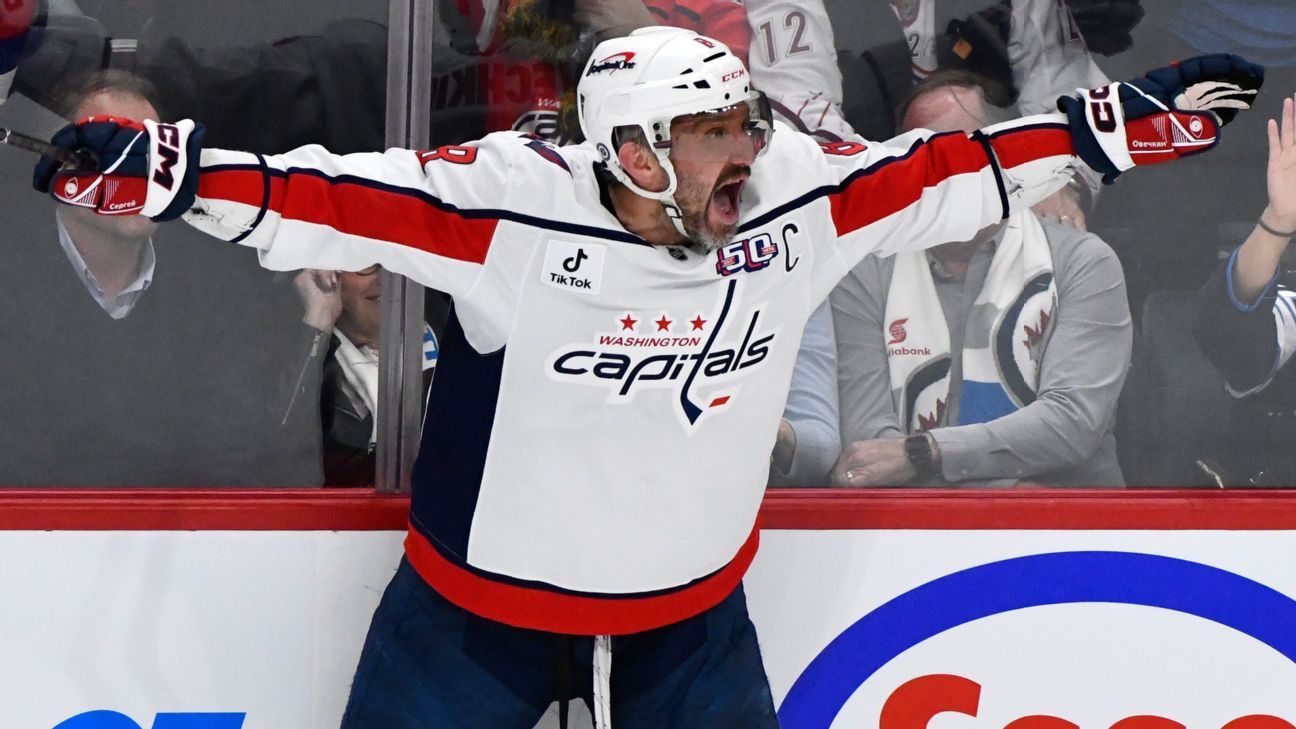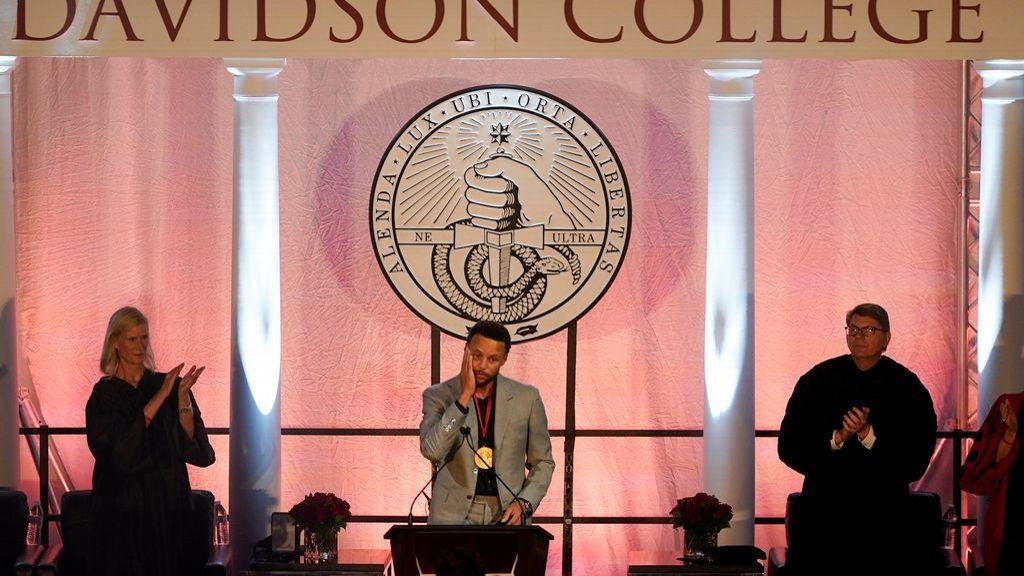PARIS — After the U.S. men's Olympic team was eliminated in the quarterfinals of the Paris Games on Friday, defender Walker Zimmerman was asked what he hopes his teammates take away from the Olympic experience.
Zimmerman, one of three veteran players allowed on this under-23 roster, hesitated for a moment. Then he offered a soliloquy that was part criticism of U.S. Soccer’s men’s program and part hope — a combination most fans have probably grappled with recently, too.
Ultimately, Zimmerman said, he has sensed a diminishing appreciation among some American players for the value of being able to represent the United States — a reluctance, he added, that can be incredibly damaging.
“I think to some extent we've moved away from that and [players] “I feel like just because we are who we are, we get called to play, that bothers me,” Zimmerman said. “I think guys need to, every time they put the jersey on, no matter how talented they are, they want to play with pride. I think we have the character to do that, but we don't always do it.”
Strong words, to be sure (Zimmerman, 31, did not name any specific names), but with 42 caps for the senior national team and his history at the heart of the U.S. team heading to the 2022 World Cup, Zimmerman’s opinion has significant grounding. It also comes from a place of optimism, at least when it comes to what he’d like to see in the future for his Olympic teammates.
At the end of the day, they are the ones with the most potential. Players like Kevin Paredes, Paxten Aaronson, Tanner Tessmann and Nathan Harriel are the ones who will likely carry the U.S. program forward and help it bounce back from the disaster that was its performance at this summer's Copa America.
“I hope the guys that played on this team saw how much it meant to me, and I think they understood that,” Zimmerman said. “I think I hope they realize how unique and brief these moments are, these tournaments. It's just a small detail in your life and you're going to be remembered for it, but you have to make sure you act the right way when you're in it because it's so brief.”
It's sometimes hard to see the bigger picture, especially when the pain of a discouraging loss like the 4-0 defeat to Morocco in the quarterfinals is so fresh. After all, the United States was vastly outplayed by Morocco, just as it was in the second half of its group stage match against France, the two toughest opponents the United States faced. In those two games, the United States was outscored 7-0; in its other two games, against New Zealand and Guinea, the United States outscored its opponents 7-1.
Yet as wide as the gap seemed in those matchups with the top teams, there were sustained moments of excellence from the Americans and, more importantly, numerous reminders that the U.S. has players who want to try to play these bigger teams because they clearly believe they can.
When you consider those moments alongside the important context that the U.S. had several age-eligible players who didn't make this list because they played in the Copa America (players like Yunus Musah and Gio Reyna), it's easier to imagine how the Americans can sustain those flashes and actually emerge victorious in the biggest games.
“Getting international experience is very important for the new generation,” said Paredes, who was the top U.S. player at all four Olympics. “So hopefully we'll accept this loss and it will hurt a lot, but it will make us better and we can take this into 2026.”
That is, of course, the goal. And Zimmerman, who saw this Olympic opportunity as a gift after being part of the group that failed to qualify for the 2016 Games, raised a reasonable point: Simply making it to these Olympics is a step in the right direction to fix what he believes is ailing the program.
After all, the last time the United States qualified a men's team for the Olympics was in 2008, and the last team to make it to the knockout round was in 2000. While playing in the Gold Cup has significance, the Olympics represented for the United States the closest experience to the World Cup that a team could have.
Surely all those missed opportunities had an impact on the seriousness that comes with representing the U.S. So being here, Zimmerman believes, can only help reverse that trend.
“You have to know what it means to represent the United States, and I think that's where we can get better,” Zimmerman said. “I hope that's what we can do moving forward and moving the culture forward.”
“There will be a lot of players on this team who will hopefully be able to participate in a future World Cup,” Zimmerman said. “And they will be able to look back on this experience.”

